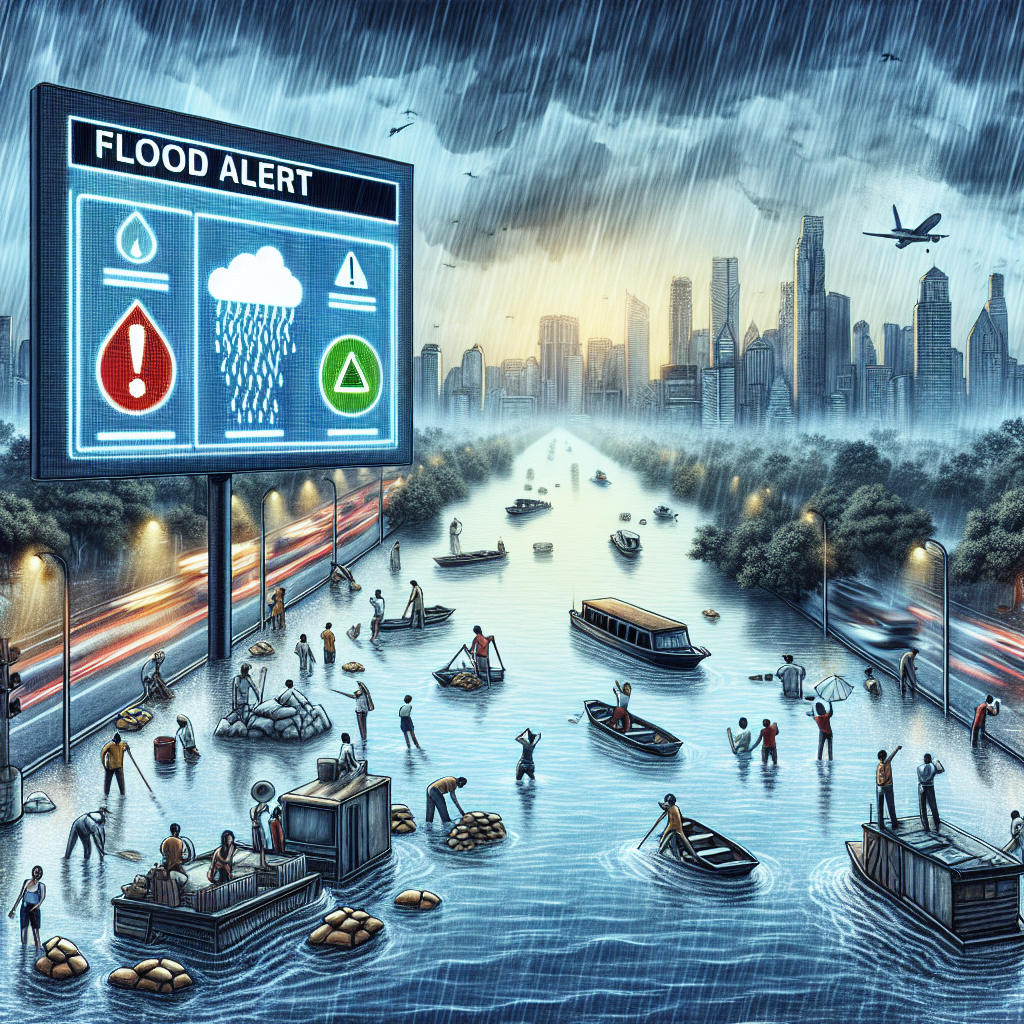Potential Drone Threat Incites High Alert at German NATO Base
A NATO base in Germany raised its security to a high level following a potential drone threat, according to a security source. The threat, reported by foreign intelligence, hinted at possible Russian sabotage, but no drones were found, and the involvement of Russia remains unconfirmed.

Last week's alert at a NATO base in Germany housing the Western alliance's fleet of AWACS surveillance planes was due to a potential drone threat, a security source said on Monday.
Geilenkirchen air base in western Germany raised its security level to 'Charlie' - the second highest of four - during most of Friday. German news agency dpa, citing security sources, said there had been a tip-off from a foreign intelligence service about a possible Russian act of sabotage.
But the security source told Reuters no drones had been seen and could not confirm any evidence of a Russian role. 'The word Russia was never mentioned. We talked about a threat caused by drones,' added a NATO spokesperson at Geilenkirchen.
The German government press office, the interior ministry and Moscow's embassy in Berlin did not immediately comment on the media report of a Russian threat. Western forces are on high alert amid widespread reports from intelligence services and Western media of possible Russian acts of sabotage against nations supporting Ukraine in its war against Russia.
Russia, which invaded Ukraine in February 2022, has rejected the assertions and accuses the West of aggression towards it. Last week, Geilenkirchen base also raised the security level after a nearby military base was temporarily sealed off as authorities investigated possible sabotage to the water supply. (Writing by Rachel More, Sabine Siebold, Thomas Escritt Editing by Friederike Heine and Andrew Cawthorne)
(With inputs from agencies.)
- READ MORE ON:
- NATO
- drone threat
- Germany
- security alert
- Russia
- sabotage
- intelligence
- Ukraine
- Geilenkirchen
- AWACS
ALSO READ
Volodymyr Zelenskyy condemns Russian attacks on St. Nicholas Day
Rajnath Singh to attend 21st Inter-Governmental Commission meet in Russia
Rajnath Singh's Strategic Russia Visit: Commissions Warship, Strengthens Defence Ties
Iran, Russia, and Turkey Unite for Syrian Ceasefire
Russian Bases in Syria Under Siege: Can Moscow Hold Its Ground?










